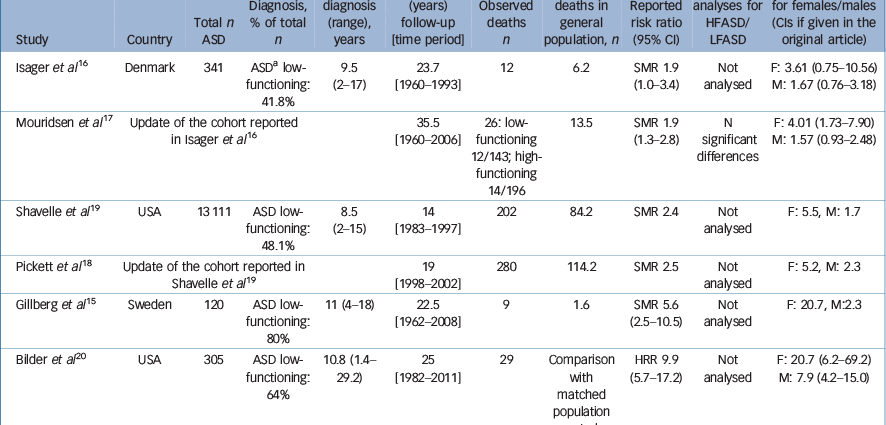Thoughts of suicide visit people with Asperger’s syndrome ten times more often than others.
What is Asperger’s syndrome, it is difficult even to define. In the international medical classification ICD-10, it is listed as a separate independent diagnosis. But it is excluded from the latest, 2013 edition of the American DSM-V classification of mental disorders, but a new concept is introduced there – “autism spectrum disorders”. Thus, Asperger’s syndrome is equated with high-functioning autism.
Among the “aspies” themselves, there is an opinion that this is not a disorder at all, but a different way of higher nervous activity, just as left-handers are not sick, but simply different. It is now believed that 2-3 children out of 10000 are born with Asperger’s syndrome, and it occurs more often in boys, among late children and in children of parents with a high level of education, and in the most developed countries.
People with Asperger’s Syndrome, distinguished by their intact and often high intelligence, experience difficulties in expressing their emotions and understanding the emotions of other people and in social communications.
Read more:
- Schizophrenia: when to start worrying?
And now, thanks to a study by British psychiatrists led by Dr. Sarah Cassidy and Dr. Simon Baron-Cohen of the Cambridge Center for Autism Research*, adult aspies are also much stronger than neurotypicals. , that is, people without this diagnosis are prone to depression, and therefore, the risk of suicide. The data comes from a survey of 256 men and 118 women who were diagnosed with Asperger’s syndrome in England between 2004 and 2013.
Two-thirds of survey participants reported that they occasionally have suicidal thoughts – a shocking figure 10 times higher than the average. It is even higher than the prevalence of suicidal ideation among those suffering from severe somatic disorders or patients with psychoses.
Worse, 35%, that is, almost half of those who thought about suicide, made specific plans or made attempts to commit suicide. At the same time, paradoxically, “only” 31% of respondents indicated the presence of symptoms of depression. This, of course, is also much higher than the average level, but it turns out that “aspies” think about suicide without being depressed. According to the researchers themselves, the point may be that they poorly read their own emotional background and poorly express what is happening to them in words, therefore they do not notice signs of depression or do not know how to report them.
According to Baron Cohen, depression in “Aspergers” often develops against the background of social isolation, loneliness, exclusion from society, difficult access to social support, poor academic performance or unemployment. In his opinion, in many cases it can be prevented. The study, emphasizes Baron Cohen, should be a “wake-up call”, a call for urgent social and medical assistance measures that would save precious human lives.
In an article published in the same issue of The Lancet Psychiatry as the study by Cassidy, Baron Cohen and their colleagues, Dr. Michele Raja of the Sapienza University of Rome, notes that the issue of depression and suicide in research on Asperger’s syndrome until recently time was “in the corral”. The fact is that psychologists and psychiatrists pay the most attention to autistic disorders in children, and at this age suicidal moods are usually weakly expressed.
As for adult “Aspergers”, they are often not even diagnosed at all, or are misdiagnosed as schizophrenics. Little is known about them, and people with these features themselves are deprived of access to the help they need. “The inflexibility of thinking and lack of imagination, in particular the inability to see another way of solving problems, typical of people with Asperger’s syndrome, respond well to psychotherapy,” Raja believes.
* thelancet.com/journals/lanpsy/article/PIIS2215-0366(14)70248-2/abstract










